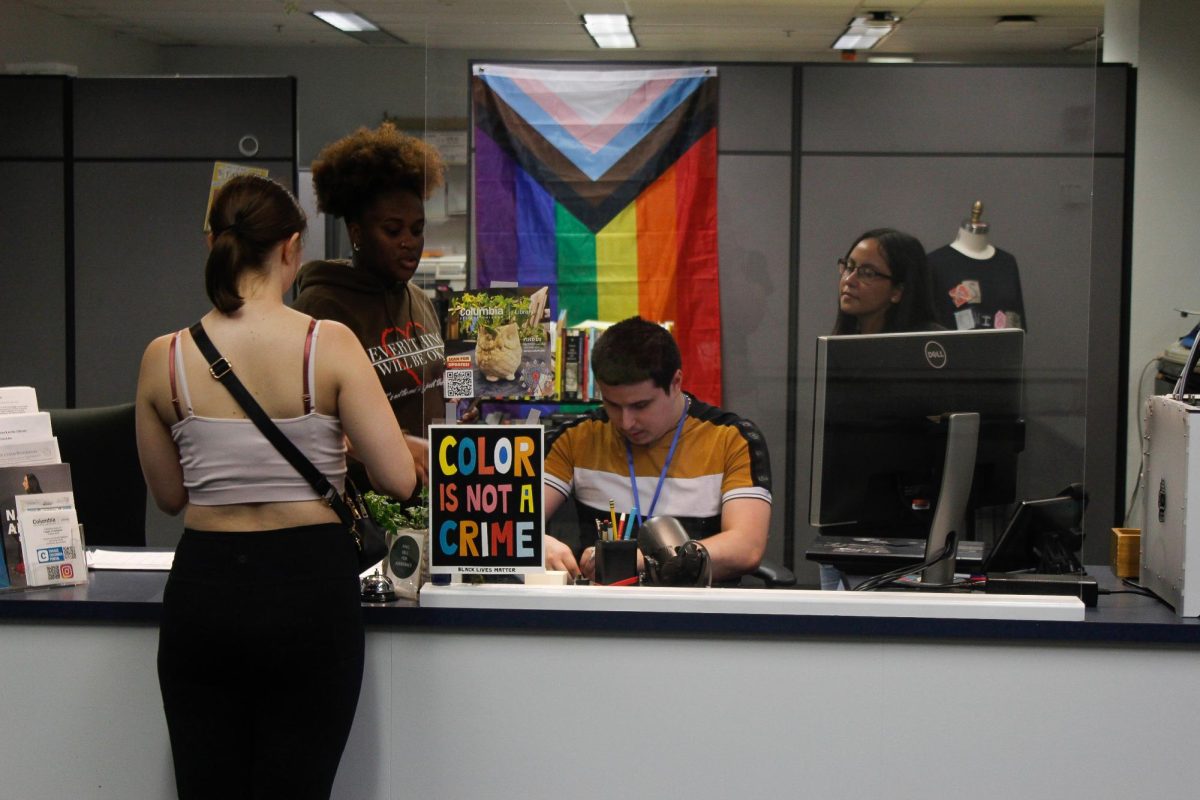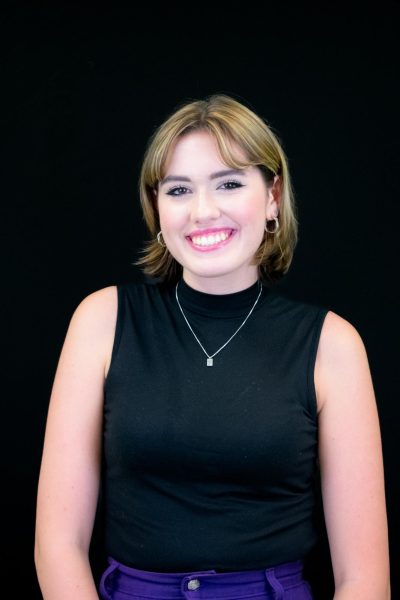In light of the upcoming presidential election, Columbia is turning Election Day, Nov. 5, into a non-instructional day on campus. While campus buildings may still be open for student and faculty use, no classes will be held.
Following the 2022 election, the United States Census Bureau found that the most common reasons registered voters didn’t make it to the polls were, “too busy, conflicting work or school schedule.”
The new, day-long break will allow both students and faculty to prioritize voting, freeing their Election Day from classes and the need to be on campus. It also permits them to do civic work during voting hours, like work the polls or be an electoral judge, something they wouldn’t have been able to do with a class that day.
Columbia Votes, a nonpartisan group centered around student voter engagement, wrote a “Letter to the Editor” in the Chronicle in Nov. 2022, calling for Columbia to adjust its academic calendar to allow students and faculty the availability to vote on Election Day, no matter their Tuesday course load.
Voter Registration Genius Haley Patton, a senior film production major working for Columbia Votes, was one of the people behind the original “Letter to the Editor” in 2022. “There’s a lot of students who don’t get the opportunity to vote because they’re like, ‘the only time I could vote would be on voting day and I have classes,’” she said.
Once the Columbia administration had deemed Election Day as non-instructional, Patton said she was “really happy” with the result. “There are so many more students who are going to be able to do something that they want to do,” she said, “It’s our right. It’s our constitutional civic duty to even do this in the first place.”
Since its origin in 2018, Columbia Votes has grown immensely on campus, aiding students with voter registration, holding events centered around civic engagement and educating first-year students on the importance of voting.
Sharon Bloyd-Peshkin, a professor in the School of Communication and Culture and the creator of Columbia Votes, said the group hoped the letter would urge Columbia’s administration “to remove yet another obstacle for students in particular to vote.”
Bloyd-Peshkin said she knows Columbia students care deeply about important political issues. “They sign petitions. They go to protests. They post on social media,” she said, “but they aren’t doing the one thing that really exerts pressure on people who have more power than anybody else over those very things they care about.”
Senior marketing major Shayla Williams said she is thankful for the adjustment in the academic calendar but planned to vote even if classes were held regardless.
“It was either going to be I miss class – or now that we have the option to actually go vote and have a free day, I think it’s going to be even easier.” Williams said.
Williams was also excited to use the day to prepare to vote, without the hustle and bustle of school. “Having the day off, I can get my mind right in who I want to choose to be the next president.”
While data from the Center of Information and Research on Civic Learning and Engagement had shown a rise in 18 to 29-year-olds voting over the last ten years, they still estimate that only half of young people voted in the 2020 presidential election.
Robert Watkins, an associate professor in the School of Communication and Culture teaching “Political Philosophy” this semester, called voting an “incredible and important not just right – but duty.”
“Students can have – whatever their views – I think they can have an impact,” he said. Watkins described giving students and faculty the day off as “the way to go” and says it “sends the right message about the importance of voting.”
First-year creative writing major, Maddy Moses, saw the day off as an equalizer for everyone on campus. “Everyone has different amounts of classes and different kinds of classes – especially if they’re a commuter student and they might have come in from pretty far,” Moses said.
“Having that day where it’s just for voting, it really gives people a lot more flexibility to vote in the way that’ll be best.”
Greta Hugen, a sophomore music major, also said the change is a good move. Hugen grew up accompanying her mother to the polls and was surprised to hear that Columbia did not already have the day off. Now knowing the day is off for all students, she’s excited for her peers to exercise their civic freedoms.
“People our age are either new to voting or don’t feel like voting,” she said, “I hope people take that opportunity to get out and vote.”
Copy edited by Manuel Nocera










